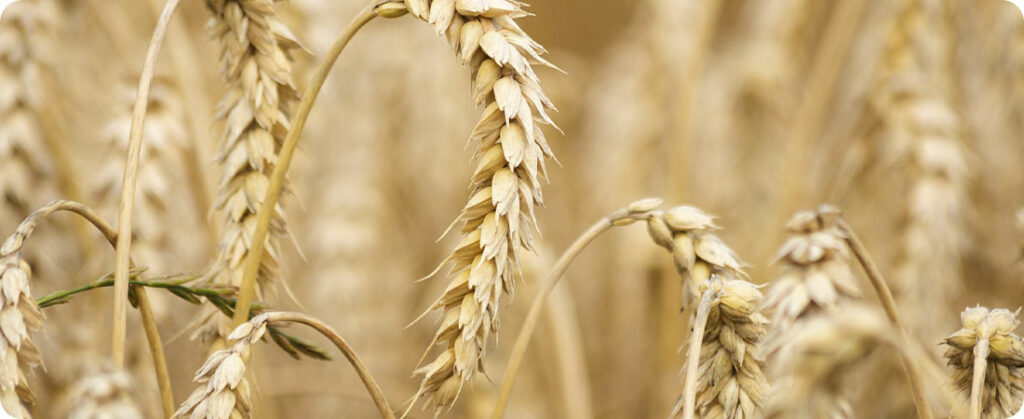
Due to the reduction in the volume produced in the year and producers reserving a larger space for the cultivation of other grains, the territory of São Paulo will see a reduction in the area planted with wheat in 2024, according to information presented during a meeting of the São Paulo Wheat Sector Chamber on February 29, in Capão Bonito (SP).
This was one of the topics discussed at the meeting, which brought together the wheat production chain to analyze projections for the year and discuss how the state can continue producing quality raw material for the São Paulo milling industry.
“All cooperatives that presented their reports pointed to a reduction of at least 20% in their areas for the next harvest. This trend will probably be reflected in the final balance of production at the end of the year”, explains the new President of the Sector Chamber, Nelson Montagna. Furthermore, they indicated as the main factor for this decision the producers' indecision about which cereal to plant on their properties. In this context, corn appears as a more favorable option for them.
The impact of the northern hemisphere on wheat production
Rafael Mihailovici from OpenSolo discussed the relevance of the Northern Hemisphere for the global wheat market, addressing the global and Brazilian context. According to a recent USDA report, the Northern Hemisphere leads with 85% of global production, influencing a drop in prices, especially in Russia and the USA.
According to the professional, the USA is experiencing the slowest rate of exports in the last 50 years, even with good production in terms of quality. This is due to less competitive prices compared to Black Sea wheat. Russia, on the other hand, has invested in ports to expand its grain flow.
In Brazil, Mihailovici pointed out that all commodities are going through a period of decline. Furthermore, it highlighted the transition from the climate phenomenon El Niño to La Niña. El Niño is expected to remain neutral until mid-year and subsequently in the second half of the year, La Niña is expected to arrive. “In the years of occurrence, wheat achieved very good productivity both in São Paulo and in other states in the South”, he emphasizes, highlighting the direct influence of climate phenomena on agriculture.
Change in the presidency of the Sector Chamber
Moinho Anaconda elected Nelson Montagna as President, while Castrolanda chose José Oliveira for the position of Vice-President of the São Paulo Wheat Sector Chamber. Both will hold their positions during the 2024/25 biennium. Lectures on the latest news about the next harvest and a crucial presentation enriched the meeting, highlighting the importance of proper post-harvest wheat management and highlighting the relevance of sustainable practices in the agricultural sector.
The Wheat Industry Union in the State of São Paulo (Sindustrigo) broadcast the meeting live on its YouTube channel. The full video can be accessed by clicking here.










